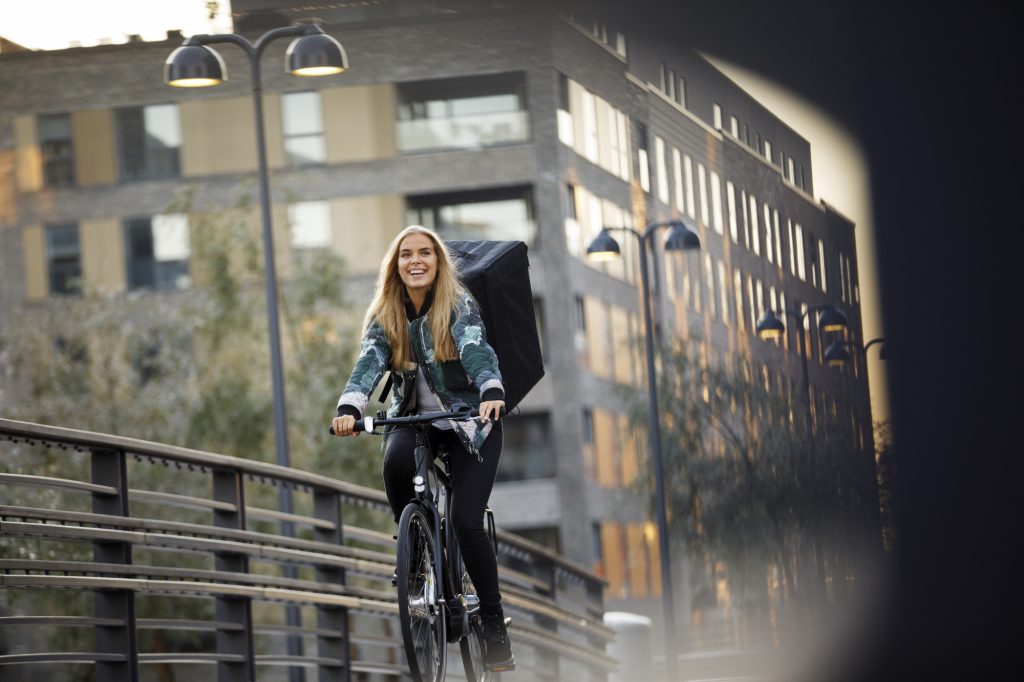
December HMRC Update - When tax, technology and Christmas parties come together…
Employment Tax
December HMRC Update – When tax, technology and Christmas parties come together…
Wed 16 Dec 2020
In our original article of 6 November we considered the possibility of applying the “£150 per head Annual function” exemption for virtual Christmas parties, concluding that there was nothing in the legislation or HMRC guidance which precluded such an action.
Our article prompted some direct positive discussion with HMRC at senior policy level advising us that, although their initial view had been that the exemption would not apply, they were now re-considering and would be in touch to update.
HMRC’s initial review
Following this, HMRC advised that the exemption can apply to the costs associated with virtual parties in the same way that it does for qualifying traditionally held, “physical” parties. And we then published our updated article on 20 November, HMRC also advised that:
“The cost of providing food, entertainment, equipment and other expenses which may be incurred in hosting a virtual event, will be exempt, subject to the normal conditions of the exemption being met. It is important to note that the intention of the exemption is to allow for costs of provision which are generally incurred for the purposes of the event itself, and that the event, along with any associated provision, is available to employees generally.”
Good news but…
Clearly this is good news, particularly at a time when staff morale is obviously a key issue.
However, HMRC’s initial formal guidance did not categorically mean that all virtual functions and associated costs would qualify for the exemption. We had hoped that the December 2020 Employer Bulletin would give some examples which would provide clarity but, unfortunately there is only one example:
“A company holds one annual function in a tax year and does so virtually using IT. All employees are invited and each is provided with a hamper consisting of some food and drink to be enjoyed by the attendees during the party. The total cost per head is £100 which is within the £150 exemption and so the exemption applies.”
The emphasis in bold of certain words is by ourselves, not HMRC. We consider the wording “are generally incurred” and “during” to be vital in determining whether certain costs benefit from the exemption or not.
Key Questions
So what are the key questions/issues requiring to be considered and what is our view?
- What form should the event take in order to qualify as an annual function?
In our view, the event cannot simply be a brief Zoom call during where, say, the Managing Director wishes everyone a Merry Christmas and advises the employees to enjoy the food or hampers which have been delivered. Instead, the event should last at least a couple of hours and should have an agenda, a format, different speakers and entertainment (Clients we have been speaking to are considering hiring comedians, DJs, playing Christmas music and running quizzes).
- To what extent can refreshments be provided?
This point is key. Informally we had been previously advised by HMRC that any refreshments being provided by the employer require to be capable of being consumed at or during the event itself. This appears to have been borne out by the use of the word “during” in the above example from the December 2020 Employer Bulletin. This however, in itself, leads to more uncertainties e.g. how many drinks might be capable of being consumed? What about food? Hot takeaway style food delivered at the time of the event to each employee’s home address should qualify but logistically would that work?
- Could hampers be provided as part of the function?
As detailed in the above HMRC example, hampers could indeed be the answer to the logistics type issue but again, informally we understand that there is a perception at HMRC that a hamper, if “excessive” could be “enjoyed” at any time and not solely during the confines of the event itself and perhaps not solely by the employees. Again, our view is that the use of the word “during” is key. A subjective question will be however, how do you define what is capable of being consumed during an event? One person’s tastes/appetite will be different from another’s. It will be important to demonstrate reasonable care and clear decision making here to defend against any future HMRC challenges. Clear examples where hampers may meet the conditions include where the event includes some form of wine / cheese tasting (for example) or say a cocktail making class based on ingredients that have been sent through.
- Could the event be deferred until a time when Covid-19 restrictions have been eased?
HMRC has indicated that they are quite happy with Christmas events being postponed until the New Year when it may be possible to meet up in person. However, it has to be borne in mind that the £150 annual exemption is per tax year so if the employer was to defer the event until after 5th April, this might impact upon the level of spend for the Christmas 2021 annual staff party.
Final considerations and next steps
Having a structured event should be relatively straightforward to achieve but the issue of providing refreshments which meet the exemption is far from certain. Hot food and “a few” drinks should qualify but, logistically, is not likely to work for most employers. Hampers, on the other hand, are likely to work from a logistical perspective but could well be later queried by HMRC. Therefore If it can be demonstrated that the hampers contain items that could be consumed during an annual event (for instance, cheese/wine/meats or a portion of turkey (or alternative), accompaniments, a starter, a dessert, chocolates, bottle of wine, soft drinks or beers, along with party provisions), then it is less likely that HMRC will seek to challenge, particularly where it can clearly be identified that the food/drink was for the event and was built in to the agenda.
Alternatively, a less risky and cheaper alternative might just be to limit the cost of the hamper to £50 and avail yourself of the trivial benefits exemption under s323A ITEPA 2003.
Where there is a tax liability arising from any gifts, entertaining or other Christmas related expenditure, it is often prudent to report these expenses on a PAYE Settlement Agreement (PSA).
This is due to:
- It gives the employer time to reflect, review and calculate the costs that are taxable – the PSA calculations are typically submitted in July and August after the end of the tax year;
- The employer will not have to pay any tax or NIC liability on items within the PSA until 19 October after the end of the tax year. This will help cash flow, particularly helpful given the impact of Covid-19; and
- The liability not needing to be reflected on individual employees’ tax returns, P11Ds etc. The employee does not need to be aware of the tax liability as HMRC has agreed the employer can pick up the cost directly (albeit on a grossed up basis).
Please do get in touch if you would like us to discuss anything in this article or would like our support with a PSA application or help with reviewing tax/NIC treatment of expenses and benefits.
Please do contact neil.munro@mazars.co.uk or linda.broomfield@mazars.co.uk for more information.



















